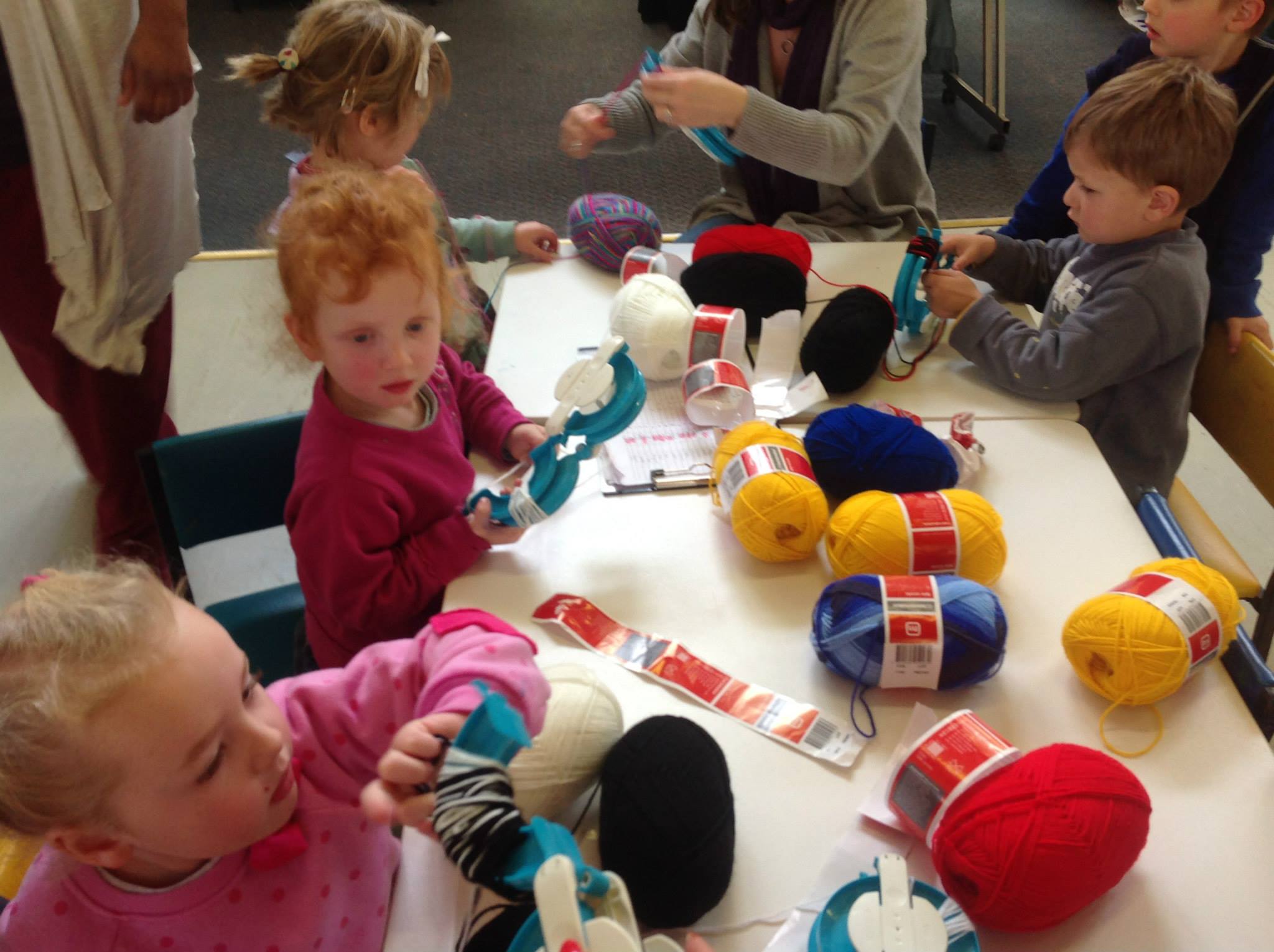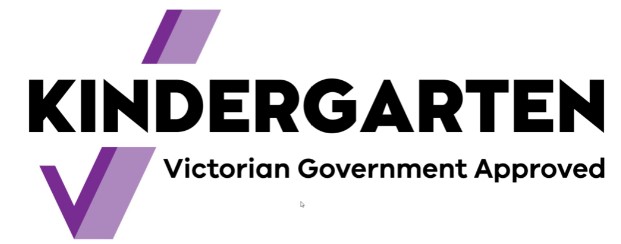Boosting Motor Skills Development in Kindergarten: Small Movements, Big Impact
31 October 2024
Boosting motor skills development in kindergarten is key to early growth. Gower Street Kindergarten offers activities that enhance fine & gross motor skills.
Motor skills development in kindergarten is a crucial part of early childhood education. These skills, which involve the coordination of muscles to perform specific movements, play a vital role in a child’s physical, cognitive, and social development. From tying shoelaces to holding a pencil, motor skills lay the foundation for daily activities and academic success. Ensuring children receive the right support to develop these skills at a young age can make a lasting difference in their growth and confidence.
Understanding Motor Skills in Kindergarten
Motor skills are categorised into two main types: fine motor skills and gross motor skills. Fine motor skills involve the small movements of the hands and fingers, such as grasping, pinching, and manipulating objects. These skills are essential for tasks like writing, drawing, and using scissors. Gross motor skills, on the other hand, involve larger movements that engage the whole body, such as running, jumping, and climbing. Physical education activities help develop these essential skills. In kindergarten, motor skills are crucial for participating in activities and social interactions. Strong motor skills improve coordination and ease in learning new tasks.
Strategies to Boost Motor Skills Development in Kindergarten
Motor skills development in kindergarten can be achieved through intentional strategies that incorporate movement into daily routines. Here are some effective approaches:
• Incorporating Movement into Daily Activities – Integrating movement into everyday tasks can significantly boost motor skills development. Simple tasks like setting the table or sorting objects boost fine motor skills. Encourage children to pour water into cups or move small items between containers. Incorporating these activities into their daily routine helps them practice motor skills while gaining a sense of achievement.
• Active Play for Gross Motor Skills – Active play is essential for developing gross motor skills. Activities like running, jumping, and climbing build strength and coordination. Encourage outdoor play and group games that involve physical movement. Obstacle courses and dance games also promote agility, and balance, and keep children engaged.
• Sensory Play – Sensory play is another excellent way to support motor skills development. Activities with various textures like sand, water, or playdough enhance fine motor skills and sensory exploration. Squeezing playdough builds hand strength, while tools like tweezers or scoops encourage precise movements and coordination.
Creating a Motor Skills-Friendly Kindergarten Environment
The physical environment of a kindergarten classroom can significantly impact motor skills development. Here’s how to create a space that promotes movement and skill-building:
• Classroom Design – A well-designed classroom provides opportunities for both physical movement and hands-on learning. Arrange spaces to support both quiet, precise tasks and active play. Include table workstations, floor mats, and open areas to give children the room to develop various motor skills throughout the day.
• Use of Age-Appropriate Tools – Providing age-appropriate tools is key to fostering motor skills development. Child-sized scissors, pencils, and building materials help children practice fine motor skills safely. For gross motor skills, use equipment like balls, jump ropes, and climbing structures. Age-appropriate tools boost confidence and encourage exploration, refining their skills.
At Gower Street Kindergarten, we prioritise the development of motor skills through engaging, hands-on learning experiences tailored to each child’s needs. Explore our programme to learn more about how we can support your child’s early development and prepare them for a successful future.

